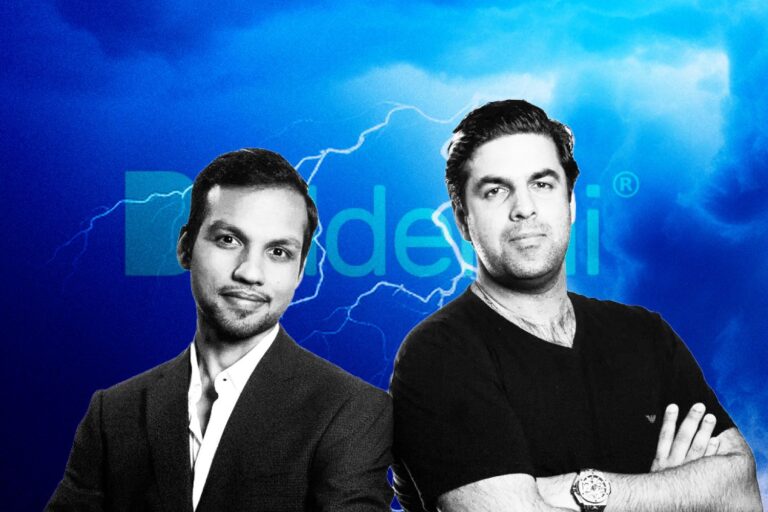DigitalOcean vs Heroku: The Battle of ‘Cloud’ Guardians for Your Business
Cloud computing is a rapidly growing technology. The concept of cloud computing is pressing hard in the present modern world as we are relying more on-demand upon computing to maintain and manage our digital lives across various devices whether it is a mobile phone, laptop, tablet, or any other digital devices. In general, Cloud computing is the delivery of on-demand computing services – from applications to storage and processing power – typically over the internet and on a pay-as-you-go basis. Cloud computing can be broken down into three main services including: Infrastructure as a Service (IaaS), Platform as a Service (PaaS) and Software as a Service (SaaS)
How does cloud come into handy? Instead of owning their own massive and expensive computing infrastructure or data center, companies can rent access to anything from applications to storage from a cloud service provider. Unlike traditional hardware and software solutions, users do not need anything other than a computer, network connection, and operating system to access cloud services.
How cloud computing is ideal for small business? Mostly because how convenient it is. Cloud vendors help business save staffs as it maintains the service or application, a bit of monthly payment and there is no need for a whole in-house team. There are also hardware space savings, application consolidation as you may be able to build up your separate application needs into one multi-application, and most importantly its cutbacks system hardware. As it helps saving times and effort in technical term, users could focus more on productivity and human connections that make your small business successful.
Proved to be the best solution for any users from small business to enterprise level, yet there are tons of player in the game, how to tell which is the best to go with your work? Let’s look at the most favorite at the moment Heroku and DigitalOcean.
Heroku and DigitalOcean: Who Are They?
Heroku is a cloud Platform as a Service (PaaS) supporting several programming languages. The company has been in development since 2007 and acquired by Salesforce in 2010 for a grand $212 million. The platform provides developers with server infrastructure, so they can focus their attention on app development. As far as server deployment and scalability is concerned, Heroku takes care of it.
For this reason, Heroku is said to be a multilingual platform as it has features for a developer to build, run and scale applications in a similar manner across most languages, including Ruby, Scala, Node.js, Python, PHP, Clojure, Go, and Java.
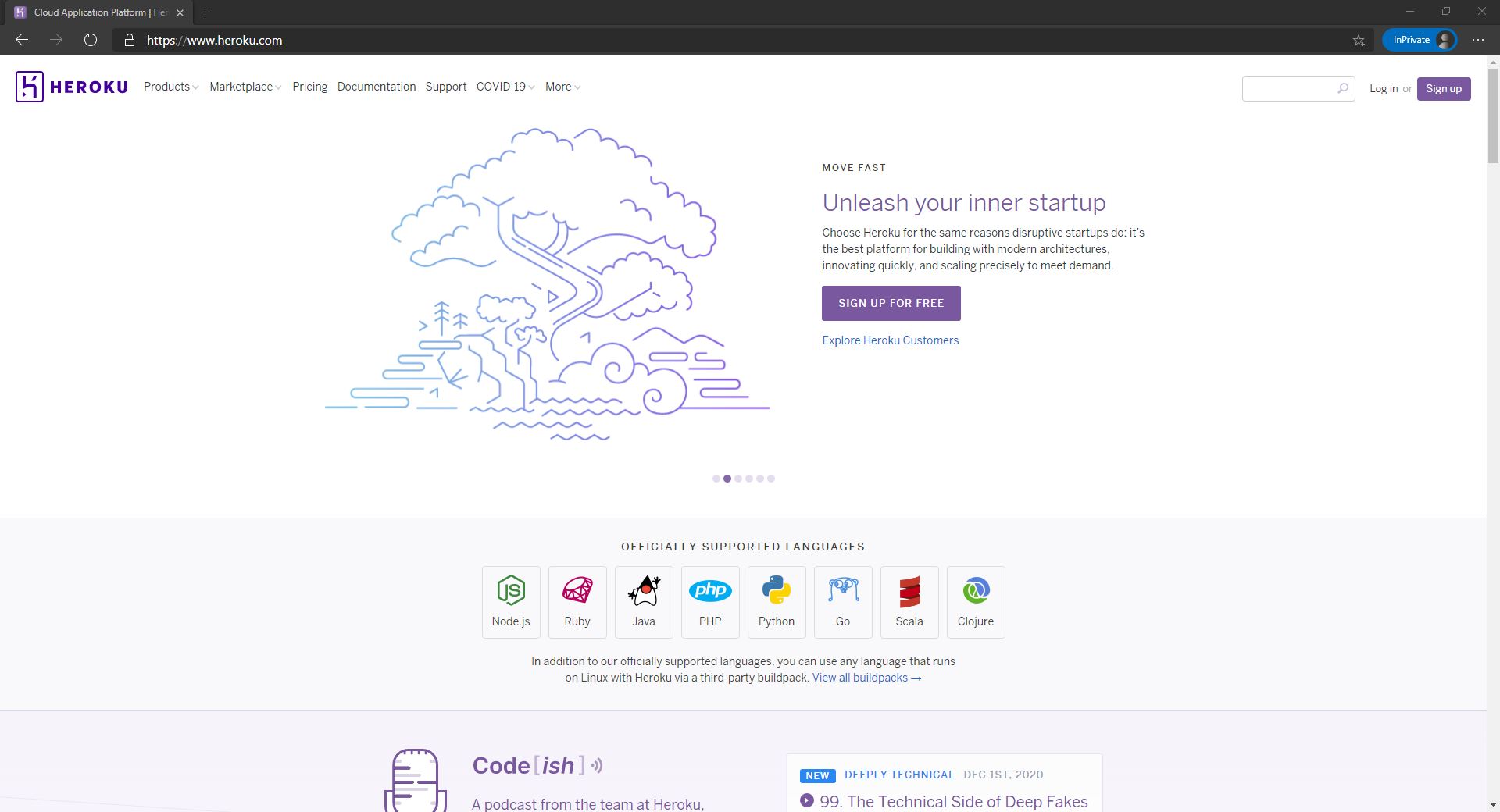
DigitalOcean is a Cloud services, known as Infrastructure as a Service (IaaS) that allows businesses and developers to create applications and scale them effortlessly. In January 2018, the company was named as one of the leading cloud hosting service providers in the USA. With this platform, developers can run several apps in their accounts across multiple could servers without degrading performance.
Who Is Thriving on Heroku and DigitalOcean?
| Companies use DigitalOcean | Companies use Heroku |
| – Wework – GitLab – Slack – Splunk – Crowd Content – Cloudways – And more | – Macy’s – LendUp – RocketChart – Yobota – ThinkMD – AnyoneHome – And more |
Ranging from startups to industry giants, some of its gigantic customers including: ElectricSms, Yobota Fintech, Couldways, Stablepoint, Macy’s, etc. But how DigitalOcean and Heroku are helping these businesses?
Yobota Fintech on Heroku
Relying on platform as a service at Heroku, Yobota is benefited from Heroku’s development team as they take care of the software managing process, meanwhile Yobota could focus on maintaining the strict audit and security standard demanded of financial institutions.
“Heroku has been the ideal platform to create a core banking suite for the 21st century. It is secure, accelerates our ability to deliver, and is backed by Salesforce, a name that our clients trust” – claimed Ammar Akhtar, Founder & CEO, Yobota.
Efelle Digital Agency on DigitalOcean
Efelle addresses it is about the most transparent pricing DigitalOcean has within the market. With a single developer, they are able to maintain and manage all of the infrastructures within an agency’s client portfolio, there is no need to hire a large and costly DevOps teams. “We can do more with less as we don’t need to use client budget to build infrastructure,” notes systems administrator Cameron Van Orman. “There are no surprises and customers don’t get unexpected expenses,” says Van Orman. “For example, given the generous bandwidth pricing we rarely have to think about excess bandwidth costs.” They can now offer even more services – managing their clients’ DNS, snapshots, and custom images – without having to ask clients to pay more. Besides, DigitalOcean claims with their around-the-clock support teams along with its extensive collection of tutorials and documentations, customers’ infrastructure problems never seem to be a real one.
The Uniqueness of The Two Titans Heroku vs DigitalOcean
The focus of comparing Heroku vs DigitalOcean is to help you make better decision when selecting a platform for your next app project.
Iaas vs Paas: You Can Focus on Apps Development with Heroku
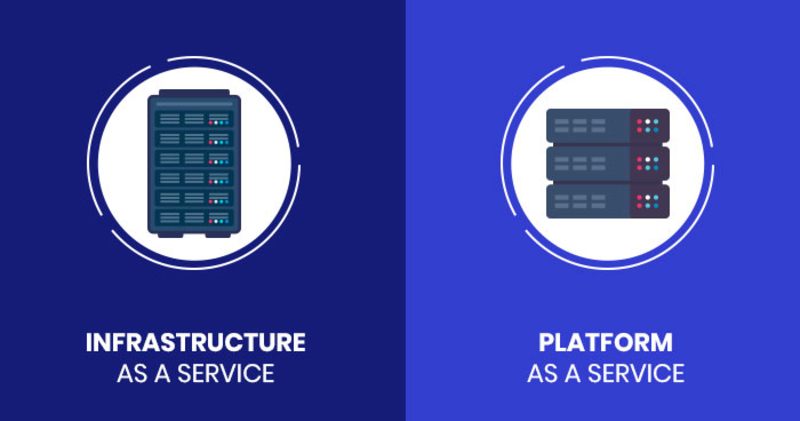
In general, the Heroku and DigitalOcean are differentiated by the service they provide. Heroku brings Platform as a Service (PaaS), in the other hand, DigitalOcean gives cloud Infrastructure services (IaaS).
So, what is the catch? IaaS or DigitalOcean offers networking, storage, and virtualization options, while PaaS – Heroku refers to software and hardware tools available on the Internet.
When it comes to PaaS vs IaaS there are various things that most people want to know about this comparison. Well, the very first thing which you need to understand here is that DigitalOcean’s IaaS is basically the services which are basically linked with the cloud infrastructure. Most interestingly, IaaS is actually a complete self-access service for monitoring and accessing computer resources, storage, networks, and various other similar kinds of services. It is believed to be the ultimate solutions which is being made of highly automated and scalable computing resources. Besides, Infrastructure as a Service is also allowing users to purchase on-demand resources when and where these are needed instead of buying the hardware outright.
At the same time, Heroku’s PaaS is the cloud platform services that are helping developers to access cloud components for their certain software while these are more commonly being used for applications. Even more, Platform as a Service normally delivers users an effective framework on which they can use to build and create highly effective and customized applications in the best possible way. All the resources regarding storage, servers, and networking solutions could be managed by third-party providers or enterprises while these are able to supply the developers more amazing opportunities to support the management of the applications in a more effective way.
To be more specific, DigitalOcean’s IaaS is there to provide you with maximum flexibility when it comes to hosting custom-built apps, as well as supplying a general data center for data storage. And Heroku’s PaaS is most often built on top of an IaaS platform to reduce the need for system administration. It grants you the ability to focus on app building instead of infrastructure management.
Pricing: DigitalOcean Is More Cost-Effective
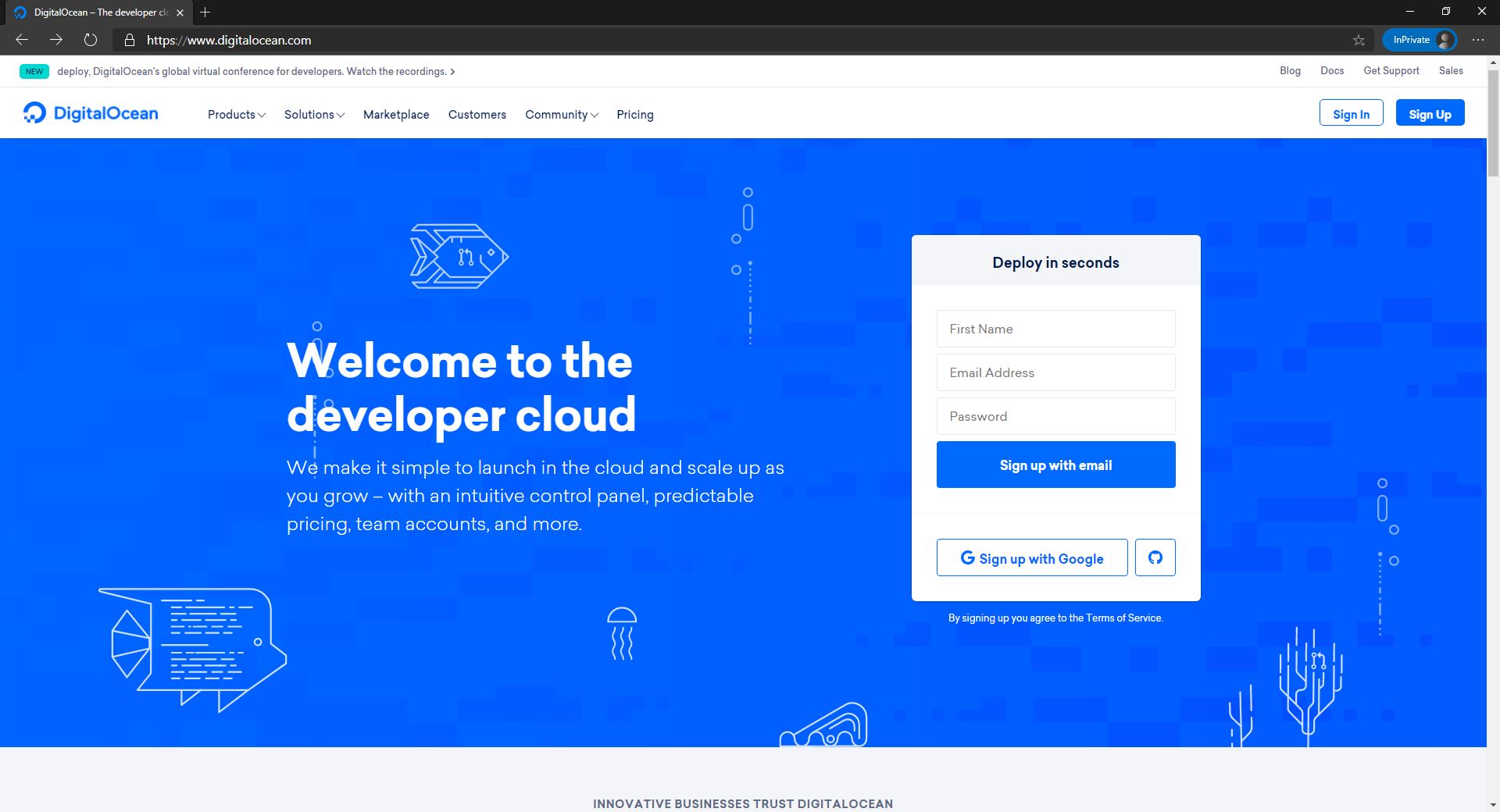
In the aspect of pricing, Heroku offers a free plan to users. The premium plan starts at $7 per dyno (isolated, virtualized Linux containers) per month, and professional plans range from $25 to $500 per dyno per month. Which due to many users is quite of a problem even though it gives very nice workflow for updating applications that focuses on best practices.
On the other hand, there are multiple price options for DigitalOcean users. The basic plan that offers up to 1 Terabyte transfer costs $5 only while the top-tier plan offers 7 Terabyte transfer costs $160 per month, besides, the platform also has hourly plans for personal use. However, on DigitalOcean you have to come up with a way to deploy to them, a way to manage them and everything else. As it costs you some time it saves you plenty of running costs.
The pricing aspect is also an essential point in our Heroku vs DigitalOcean comparison. As you would expect, Heroku carries a higher price tag for its services because it handles server infrastructure, while DigitalOcean still lack of that. DigitalOcean might costs less, yet users must be in charge of server management. So, it depends on the user, if your application is still young and you want starting out with more managed solutions so that you can focus more on your application at the start then you could consider Heroku, but then move to cheaper less managed solutions later when you have time to invest in setting up these extra workflows yourself to save on long-term running costs – that is when DigitalOcean comes into handy.
Features: Specifically, What Do the Two Provide?
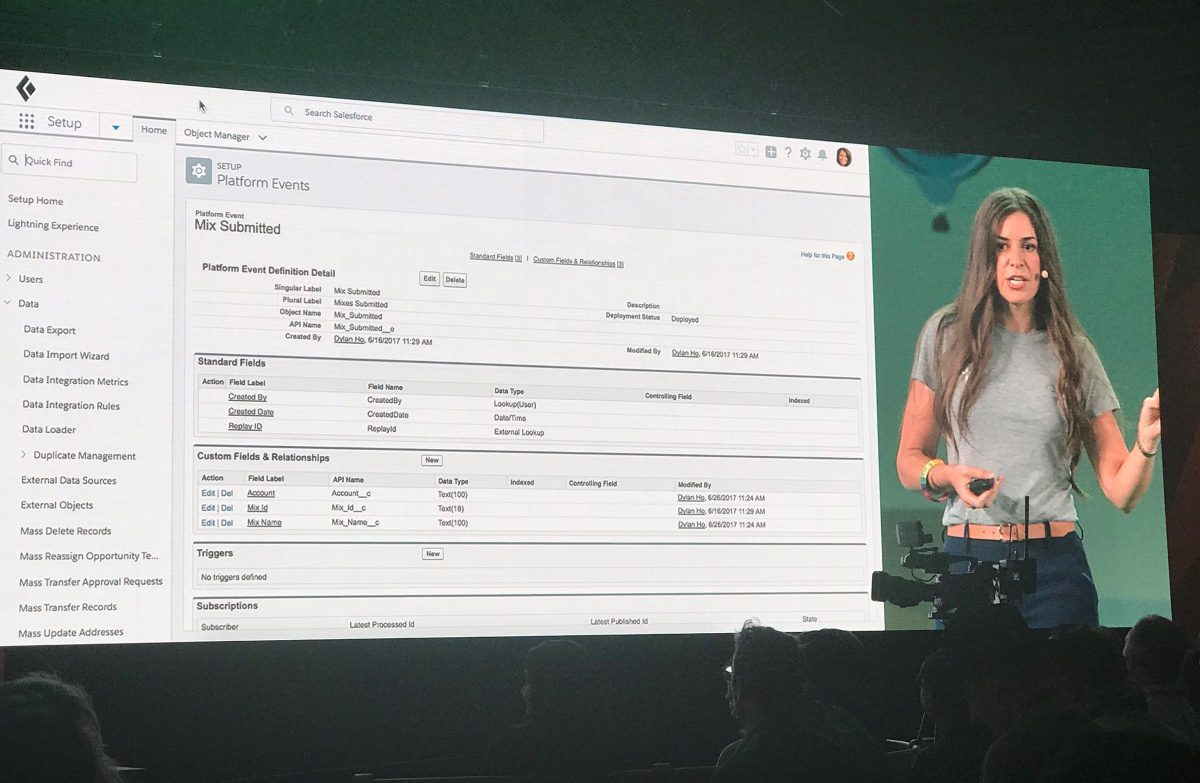
Next, let’s take a quick look at some cool features these cloud providers. First, Heroku has lots of excellent traits including a wide range of modern programming languages such as Java, Clojure, Go, Scala, Python, PHP, and much more. Besides, it also makes use of a smart container called dynos, which enhances load balancing and security, among other functions. At all, Heroku is a highly scalable platform. It hosts apps with massive amounts of traffic efficiently. Deployment and integration are easy with several options such as GitHub, Git, or using an API.
Second, on DigitalOcean, it not only allows developers to create a scalable VPS to host their apps but also provides the possibility to use a VPS with a pre-configured web app. The host does backup and server monitoring along with enhanced security with a cloud firewall. Especially, DigitalOcean has its own team managing feature and provides an intuitive dashboard, API (application programming interfaces), and CLI for app management. Finally, its load balancers and floating IP addresses makes app management so much easier.
What Can We Benefit from DigitalOcean but Cannot in Heroku and Vice Versa?
Continue with our DigitalOcean vs. Heroku review, let’s breakdown some cool benefits that this host provides but not the other.
Firstly, from using the Heroku platform users can focus on coding rather than managing infrastructure. Heroku’s billing system is simple and scales as the number of team members increases. Plus, it supports most of the modern open-source languages and users can have extra time at their disposal to focus on innovation rather than operations. Aside from that, it also gives easy-to-use permission and app management dashboard, along with useful command-line interface.
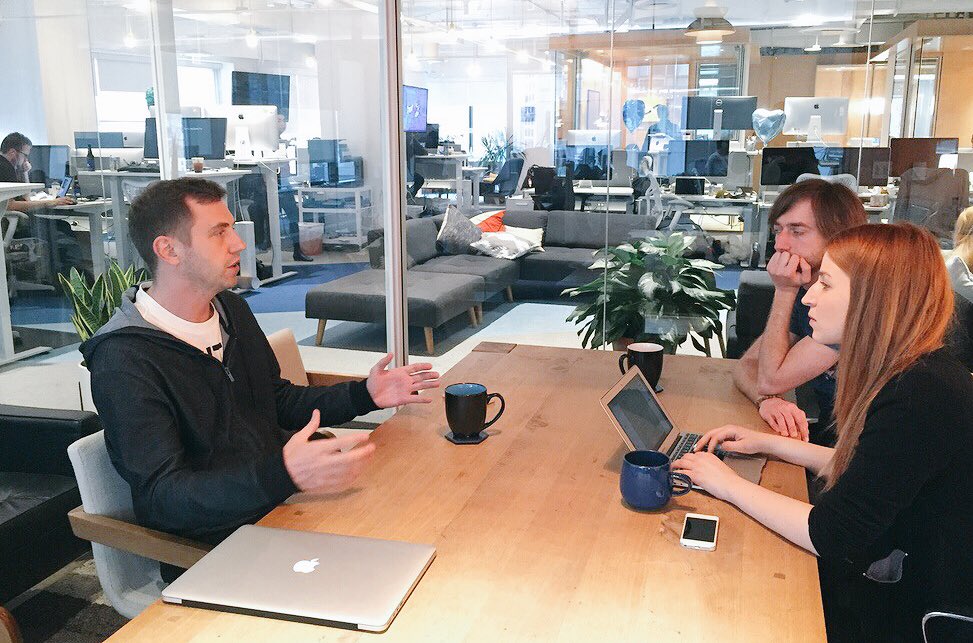
Meanwhile on DigitalOcean, it offers the user a simple and elegant interface for performing server-related tasks. Users can enjoy features such as Fast SSD-based virtual machines, IPV6, and other elements that enhance server performance. Especially, the comprehensive documentation allows developers to get up and running with this platform without hassles.
Also, server control is another notable point. DigitalOcean allows you to create a virtual private server. Even though the service provider does not take part in it with you, the handy guides available can help you set up the desired servers yourself – they also help their own community for such matter. Unfortunately, Heroku does not offer such a choice.
The Bottom Lines
Heroku is a Platform as a service, letting you run apps on their platform their way. DigitalOcean is an Infrastructure as a Service, which gives you raw servers to compose as you want to run your app. The differences are mainly around pricing and control. “Great value for money”, “gimple dashboard” and “good pricing” are the key factors why users consider DigitalOcean; while “Easy deployment”, “free for side projects” and “huge time-saver” are the primary reasons why Heroku is favored.
After all, even though the two company provides different solutions, yet it only for the purpose serving of cloud users. And recently, DigitalOcean is at a higher rank than its rival Heroku for the most obvious factor: Cost. Users claim that DigitalOcean might take you time installing your own servers. Yet, it is only a one-time cost and can usually be done in a day. Installing Linux packages is easy and error free these days. Plus, you only need to do it once. Heroku takes care of this for you, but the cost is crazy and do not worth it.
However, to make the most out of either Heroku or DigitalOcean, you better first know your team, consider what you have and what services you need, later pick on the most proper one!




